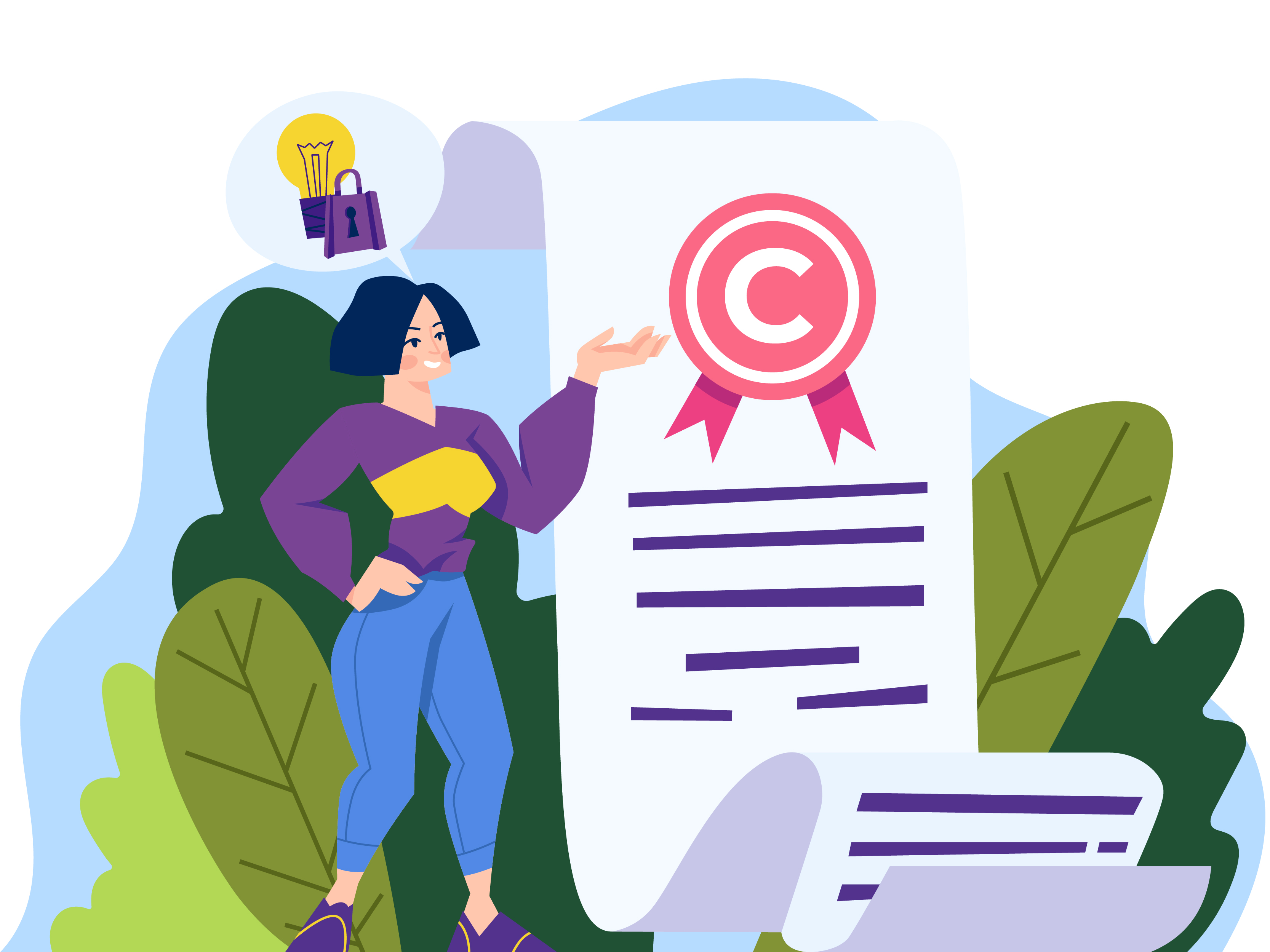Copyright Objection for Freelancers and Solo Entrepreneurs
Freelancers and solo entrepreneurs pour their creativity, skills, and passion into their work—whether it’s writing, design, software, music, or consultancy. Protecting that originality is vital to maintain your reputation, avoid misuse, and secure your income. One crucial legal shield available to you is the copyright objection process, which helps safeguard your rights when someone files a copyright registration that conflicts with your original work.
Here’s a clear, friendly, and practical guide on how copyright objection works for freelancers and solo entrepreneurs in India—so you can confidently protect what you create in 2025 and beyond.
Why Copyright Objection Matters for Freelancers and Solo Entrepreneurs
-
Stops Unauthorized Claims: If someone tries to register copyrighted content similar or identical to your original work (logo, design, article, code), filing a copyright objection prevents them from gaining legal rights over it.
-
Protects Your Business Value: Your creative assets are your brand and livelihood. Defending them keeps your professional credibility intact.
-
Avoids Costly Disputes Later: Objections act early—in the copyright registration phase—helping you prevent long, expensive lawsuits or loss of royalties.
-
Builds Trust with Clients and Partners: Being proactive about copyright shows you take your work—and legal compliance—seriously.
-
Supports Sustainable Growth: Clear, protected ownership enables licensing, collaborations, and funding opportunities.
Who Can File a Copyright Objection?
-
Original creators or authors of a work (yourself as a freelancer or solopreneur).
-
License holders or assignees with exclusive rights.
-
Anyone with a genuine prior claim or interest who can prove ownership or originality.
When to File a Copyright Objection?
-
Within the 30-day public notice period after the competing copyright application is published on the official Copyright Office portal with a Diary Number.
-
This period is strict, and missing it means you lose the chance to object through this process.
Step-by-Step: How Freelancers and Solo Entrepreneurs Can File a Copyright Objection
-
Monitor New Applications:
-
Regularly check copyright.gov.in or set up alerts to spot conflicting registrations.
-
-
Gather Your Evidence:
-
Compile dated drafts, source files, registrations (if any), published works, contracts, emails, or any proof of your original creation and ownership.
-
-
Draft a Clear, Factual Objection Statement:
-
Specify which Diary Number/application you object to.
-
Explain briefly how and why the work overlaps or infringes your rights.
-
Attach your supporting evidence.
-
-
File Online via the Copyright Portal:
-
Submit your objection statement and evidence in the required digital format (PDF/JPEG), within size limits.
-
No separate fee is needed; the original applicant pays the registration fee.
-
-
Track Your Objection:
-
You will receive acknowledgement.
-
The applicant will have 30 days to reply.
-
Respond promptly if the Registrar requests more information or schedules a hearing.
-
-
Virtual Hearing (If Needed):
-
Present your evidence clearly if asked.
-
Most cases resolve through documentation; only some require a live hearing.
-
Key Documents You’ll Need
-
Dated drafts, source files, or manuscripts of your work.
-
Registration certificates or proof of publication.
-
Contracts or emails that prove your authorship or rights.
-
Copy of conflicting application details (Diary Number and title).
-
Government-issued ID or business registrations.
-
Power of Attorney if represented by a consultant or attorney.
Pro Tips for Freelancers & Solo Entrepreneurs
-
Keep all creative drafts and contracts well organized and backed up digitally.
-
Don’t delay—priority is critical during the 30-day objection window.
-
Use clear, professional, factual language in objections; avoid emotional or vague claims.
-
Consider consulting an IP professional for complex cases or if you need drafting help.
-
Remember, responding promptly to any follow-ups or hearings is just as important as filing on time.
Copyright objections aren’t just legal formalities—they’re your creative safety net. For freelancers and solo entrepreneurs, they mean protecting your unique work, ensuring you get full credit and compensation, and maintaining a credible professional image. Arm yourself with knowledge, stay vigilant, and use the objection process confidently to build a sustainable, respected creative business.
Visit - https://www.filingworld.in/
#filingworld
